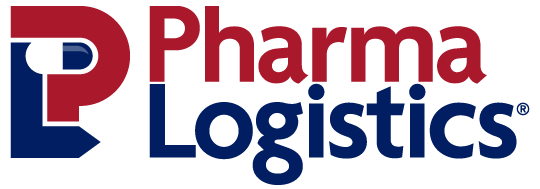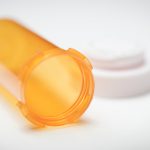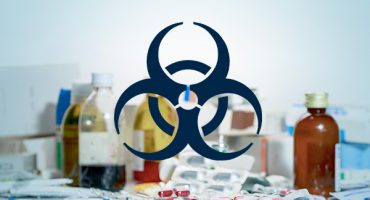Surviving the Downturn: How to Improve Your Pharmacy Through Big Data
Leveraging data provides vast opportunities for pharmacies to reduce costs and optimize their cash flows, as well as to improve operational efficiencies and patient outcomes. Jeffrey Swanson, Head of Sales at Pharma Logistics, discussed how pharmacists can go about collecting data and use it to improve their business operations during a 2020 webinar hosted by Becker’s Healthcare and sponsored by Pharma Logistics. Key conversation points include:
- The biggest obstacle to the actionable use of data for pharmacies
- Knowing what kind of data to look for
- Turning data into results
- Improving operational efficiencies and costs
- Improving medication adherence and patient outcomes
The Opioid Crisis: Pharmacy Practices to Prevent Abuse
As dispensers of prescription medication, pharmacists are on the front lines of this epidemic. What can pharmacists do to help prevent opioid abuse and overdose, keep their patients safe and, ultimately, save lives? This involves ensuring the safe and proper use of opioids by patients for whom they have been legitimately prescribed, as well as secure and safe disposal of unused opioids. In the effort to prevent diversion and misuse of opioid prescriptions, this webinar will discuss:
- Identifying “red flags” that indicate patients struggling with an opioid use disorder
- Best practices for working collaboratively with prescribers
- Counseling patients suspected of opioid use disorder
- Safe disposal of unused opioids
Optimizing Cash Flow for Your Pharmacy
Cash flow is the lifeblood of any pharmacy business but often poses a big challenge for pharmacies. How can you optimize cash flow for your pharmacy? What are the most important indicators and how can you use them to your advantage? This webinar will help you leverage three key areas in order to optimize your cash flow – and therefore the health of your pharmacy:
- Inventory Management
- Accounts Receivable (“AR”)
- Accounts Payable (“AP”)
Guide to USP <800> Hazardous Waste Compliance
Each year, more than 8 million U.S. health care personnel are potentially exposed to hazardous drugs (HDS). The risk is obvious and can lead to serious health issues for you and/or your staff. Considering the potential impact on health and safety, the purpose of USP <800> is to define standards for handling HDs and to help promote patient, worker and environmental protection. Learn more about how to stay in compliance with USP <800> by watching the webinar. It will review:
- Personnel and facility requirements
- Environmental quality and control
- Using personal protective equipment
- Employee retention and training
Improving Pharmacy Operations and Bottom Line Growth
Independent retail pharmacies face a number of challenges that can affect the efficiency of their operations, engagement with the community, and ultimately, their bottom line. Pharma Logistics works with thousands of pharmacies across the country and has helped them navigate a number of cashflow and management issues. These include:
- Drug shortages
- Stabilizing cashflow
- Compliance costs
- Employee retention and training
- Community engagement
10 Things You Should Know About the New EPA Ruling on Hazardous Waste Materials
The recently passed EPA regulation on hazardous waste pharmaceuticals may have left you with questions. To help you understand the new regulation, we’ve created a webinar covering the 10 Things You Should Know About the New EPA Ruling. It answers questions like:
- What are the three types of hazardous waste pharmaceuticals?
- How are creditable and non-creditable hazardous waste pharmaceuticals defined?
- What are the new shipping standards for non-creditable and evaluated hazardous waste pharmaceuticals?






